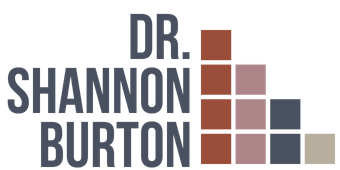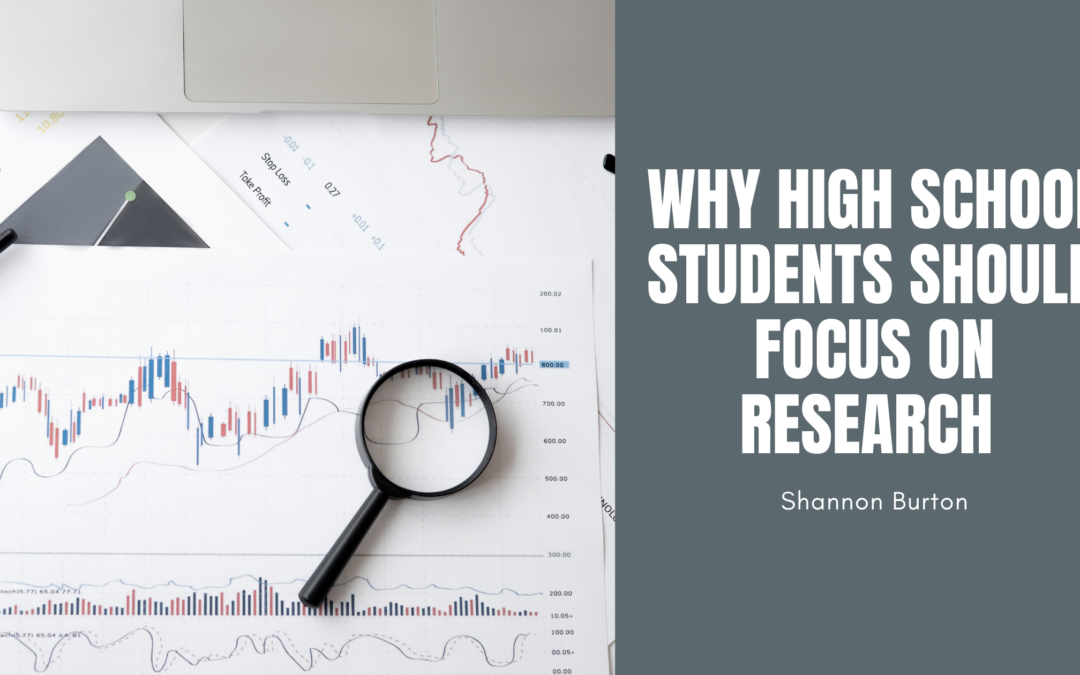At one time, the research involved literally doing a lot of legwork and physically visiting libraries and other sources of information. These days, a vast amount of knowledge is available at our fingertips via the internet, but it comes with new challenges.
Reliability
Back when physically going to a library was the norm, you could generally assume your sources were credible. On the internet, there is a lot published by random, uncredentialed individuals and other unreliable sources.
With fake news and deep fakes, you can’t take anything for granted. It’s essential that you learn how to effectively check your sources for credibility.
This includes knowing which domain types are reliable, such as .edu and .gov, and being familiar with some of the more obvious ways fraudulent sites try to appear to be credible. Sorting the wheat from the chaff is one of the biggest challenges for using the internet effectively and appropriately as a research tool.
Sources
Sources need to be cited correctly, and material needs to be quoted appropriately. With the ability to copy and paste online, it’s easier than ever to plagiarize other works, sometimes without really meaning to do so.
Knowing how to incorporate content appropriately and legally is nuanced. Some sources allow for embedding or give liberal rights to reuse materials, and others post restrictions notices. There is no one size fits all solution.
With so much work being done online, this is an essential skill even if one is not preparing for college. It’s a skill that will be needed in other settings as well.
Responsible Usage
High school students are on the verge of adulthood. There are legal and academic constraints they must learn and follow, but there are also questions of ethics.
These days, many sources of information are a potential means to violate someone’s privacy and harm them. This includes blogs and social media.
The possibility of doxxing someone or putting together a dossier that could harm them is one that largely didn’t exist prior to the internet. It can have real-world consequences, not just academic.

